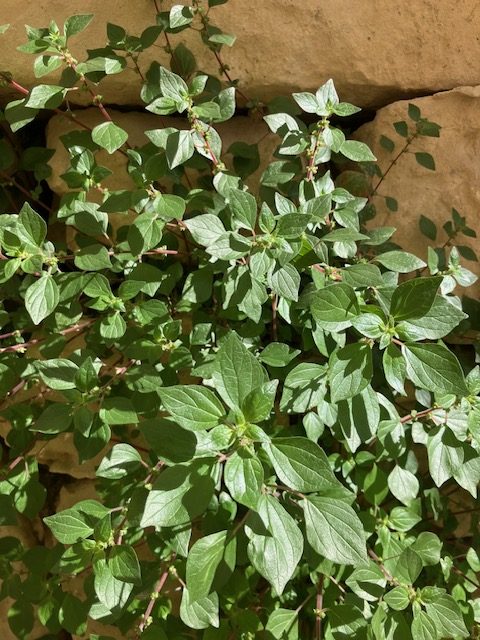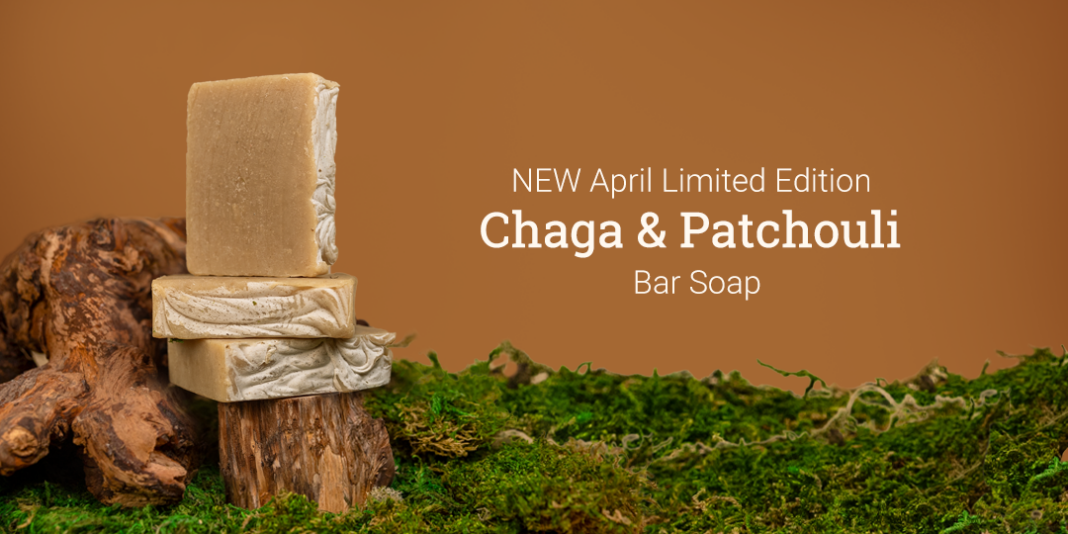April 4, 2024 5:32 am
|
Published by Jo Dunbar
When I travel, I am always delighted to come across my leafy friends. In this case, we are travelling through Malta, visiting the many and fabulous ancient temples on the island. Besides being a very friendly and beautiful island, Malta is a very stony island, and as such the knights of Malta built fantastic walls to defend this island against invaders. But even before that, ancient peoples built temples, long before Stonehenge and the pyramids of Giza, and the more modern people built cities of stone, so beautiful as to take your breath away.
Within those stony walls grows a very common, but not such a well-known herb called Pellitory of the wall (Parietaria judaica). It won’t grow in soil, and loves to grow on stony walls, as per its name. But interestingly, it is also used as a stone breaker for kidney stones.
Anyone who has suffered with kidney stones knows the agony that they can produce, but ridding the kidney of these stones is not an easy process. As the kidney gravel travels down the very delicate ureter, it scrapes and scratches painfully, making the ureter vulnerable to infection. In England, we use Parietaria officinalis to dissolve the stones, but in Malta, the Parietaria judaica is used for exactly the same reasons.
I like to combine Parietaria with Marshmallow, so that the passage of tiny pieces of kidney stone is soothed by the mucilaginous nature of the mallow. As always, plants which work together, grow together, and guess who I found growing next to P. Judaica? Indeed – the common mallow, both growing like best friends, with wild and abundant abandon. Those who suffer with bladder infections might be interested in my WeeTea, which has been a saviour for those with both bacterial and interstitial cystitis. For those with kidney stones, give me a call, and I will make you a stone breaker tea.


